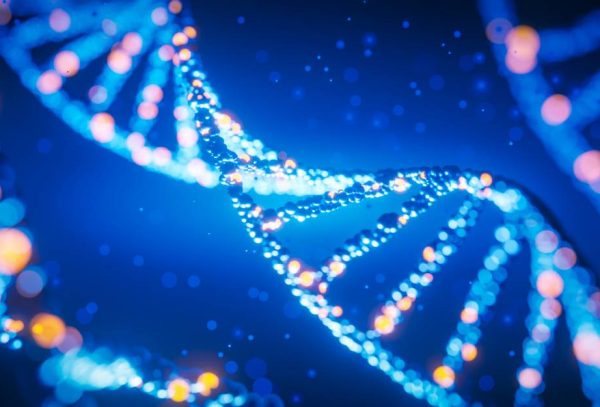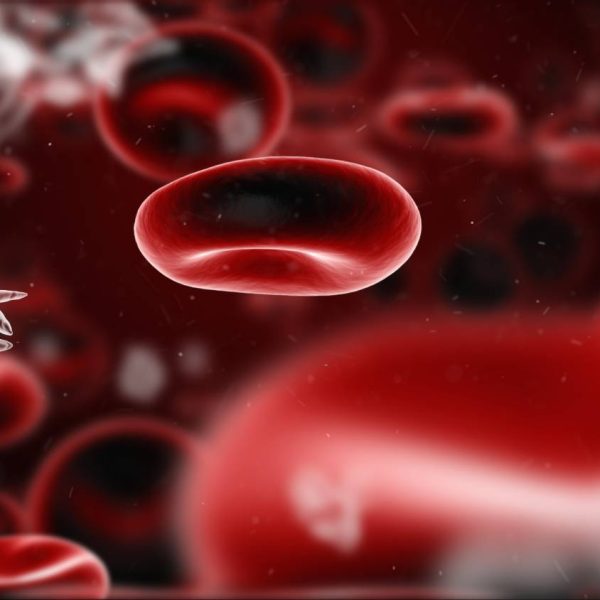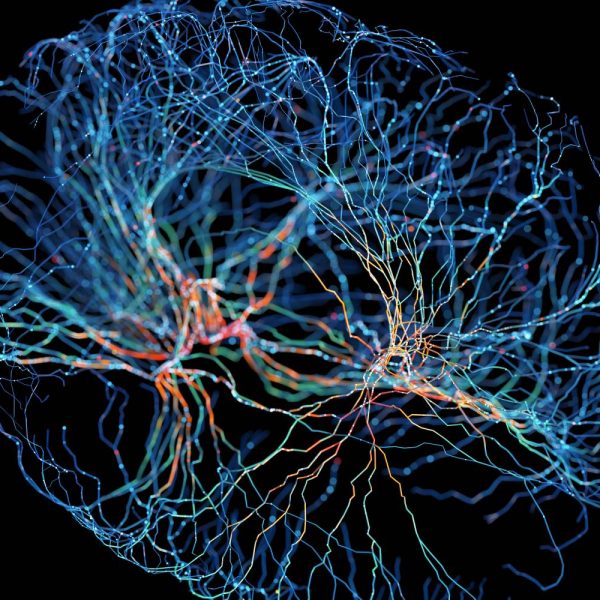
Synthesizing data? Who does that? Aren’t we supposed to be running the experiments and measuring things to produce real data? While generally true, there are scenarios in which the use of generative AI (GenAI) is beneficial. Let’s explore the benefits via “what if” scenarios. Before we begin, it’s important to




